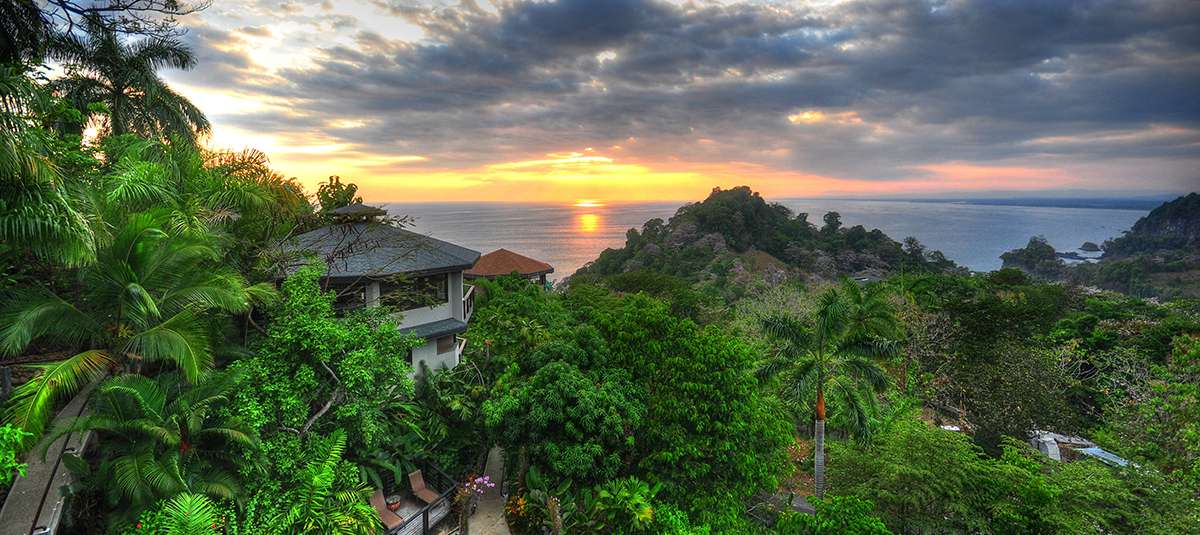Costa Rica

Costa Rica Customs Contacts
Website: http://www.hacienda.go.cr/contenido/284-servicio-nacional-de-aduanas
Email: infoatsanjose@hacienda.go.cr
Address: Central America, Costa Rica / San Jose - San Jose Central Building the Northwest Side LLACUNA- Plaza de la Cultura
Telephone: +506 25242711/ +506 2258 6810
Costa Rica is a country situated in Central America, bordered by Nicaragua, Panama, Pacific Ocean, the Caribbean Sea and Ecuador. The country is an active member of the United Nations and the Organization of American States. Costa Rica has free trade agreements with Mexico, Canada, Chile, the Dominican Republic, Trinidad and Tobago, Panama, the CARICOM countries and China. It has also signed free trade agreements with Singapore, Peru and the European Union.
Export/Import Requirements
In terms of trade barriers, customs duties are relatively low, in general, they do not exceed 15% with the exception of dairy products, livestock and agricultural products. No tax is levied on imports coming from Guatemala, Honduras, El Salvador and Nicaragua. However there is an export tax on bananas and coffee. Costa Rica offers many incentives for export companies.
Customs Tariffs
Costa Rica has taken measures to modernize its trade regime by simplifying and computerizing customs procedures and adopting new regulations on customs procedures and valuation. The tariff is Costa Rica's main trade instrument. Applied customs duties range typically from 1 to 15% ad valorem on the CIF value. Duties on imported raw materials, bulk grains, and oilseeds have been 1% since 1996. Periodically, Costa Rica reduces the applied tariff on rough rice and beans to meet local demand. Duties on imported capital goods and most finished products are 1% percent and 15%, respectively.
The current maximum tariff is 46% on most goods, excluding selected agricultural commodities of substantial local interest which are protected, or "safeguarded,". 150% tariff are currently imposed on poultry products, dairy products, 65% tariff.
Free trade agreements
As a member of the Central American Common Market (CACM), Costa Rica applies a zero tariff to almost all products originating in the CACM. In Costa Rica's case, the products excluded from free trade are coffee whether or not roasted, raw or refined cane sugar and ethyl alcohol, the latter product only in the case of El Salvador. Restricted products are subject to payment of import duties (coffee, whether or not roasted) or an import permit (sugar, ethyl alcohol). In the case of products subject to import permits, the countries may grant import permits at their discretion, in which case the products enter under the free-trade regime; if no permit is granted, the products are subject to the MFN tariff.
Costa Rica’s Customs require 5 documents for export or import: commercial invoices, bills of lading, customs export/import declaration, technical standard certificate (notas técnicas), and airway bills for shipments.
Pharmaceuticals, drugs, cosmetics, and some chemical products, such as solvents, agricultural inputs and precursor chemicals used to produce narcotic drugs, require an import permit and registration in the Ministry of Health, which are valid for five years. Food products require registration when imported for the first time. The Ministry of Agriculture and Livestock (MAG) requires phytosanitary and animal health certificates. The Costa Rican importer must obtain the permits.
Labelling and Marking Requirements
There are no general requirements in Costa Rica for marking the origin of general merchandise. However, Costa Rican food labeling regulations follow the Codex Alimentarius and require that all domestic and imported food products contain labelling in Spanish with the following information:
- product name
- list of ingredients in order of quantity
- country of origin
- nutritional content
- name, and address of importer
- expiration or best-used-by date
- metric weight
Although expiration dates are required to be on all food product labels, Costa Rican importers are of mixed opinion regarding their utility, and the Government of Costa Rica is inconsistent in enforcing this requirement. Special labelling requirements apply to pharmaceuticals, fertilizers, pesticides, hormones, veterinary preparations, vaccines, poisonous substances, and mouthwashes.
Sources:
http://www.carib-export.com/obic/documents/Doing_Business_with_CostaRica.pdf
http://www.nationsencyclopedia.com/economies/Americas/Costa-Rica
